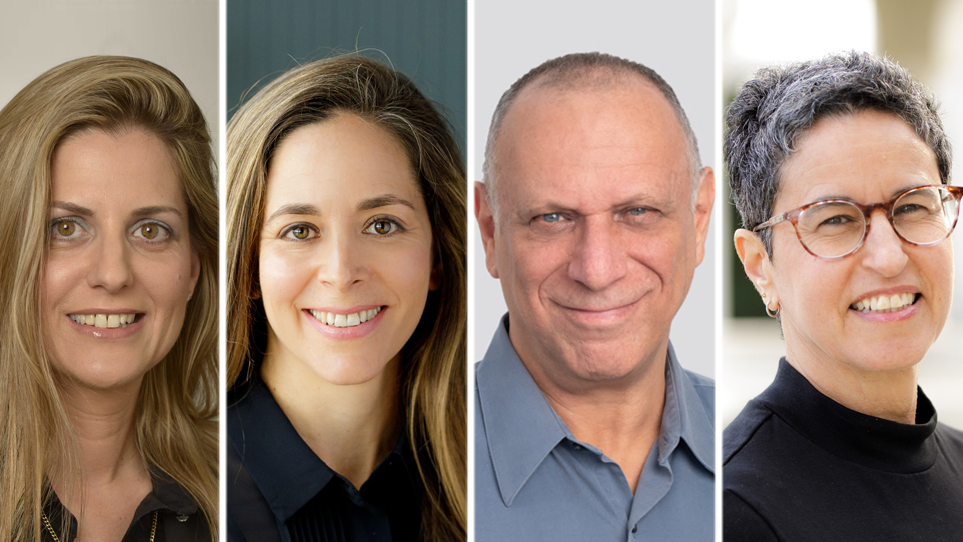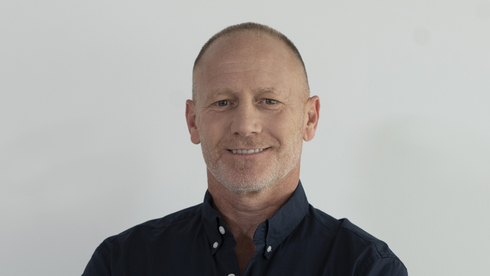

StartUp+ Competition 2021: High tech leaders reveal their mistakes on the way to glory
Calcalist and Poalim Hi-Tech’s competition brought together senior figures in the Israeli high tech industry and they spoke to Calcalist about their greatest wins and losses, and the lessons they learned on the way to becoming the next big success story
Rotem Alon | 15:05, 31.10.21
Bill Gates once said: “It's fine to celebrate success but it’s more important to heed the lessons of failure.” But Gates isn’t the only one who understands that the path to success is paved with ups and downs. From discussions with several senior investors in the high tech industry over the past few weeks, we’ve discovered that even those looked up to by entrepreneurs have at least one story that presents the road to success in a different manner.
“Success is something that we often examine by subjectively comparing ourselves to others. Sometimes that could be a family member (a parent, sibling, in-law, cousins, or the like), or even a friend who started out with us, and had a big breakthrough,” Yael Elad, who serves as a Operating Partner at Aleph VC, said in an interview. “Ambitious people struggle to define success in real-time because there is still far to go, there’s still another mountain to climb, or another goal to fulfill. The biggest setback is often not realizing that you earn recognition for your success - whether big or small, temporary or permanent - when it happens. There are several significant achievements that function as milestones on the path to success, and success isn’t necessarily a certain unique point with a finite end.”
Elad is part of a panel of impressive judges who will oversee the StartUp+ competition, hosted by Calcalist and Poalim Hi-Tech that is taking place for the second time after its success the year prior. Some 250 startups applied for the competition, but only 15 have been chosen and will actively take part in the final event. The winners will receive a cash prize, professional consulting from industry experts and office services from Mindspace, in an effort to provide a boost to these seed and pre-seed startups.
Another judge on the list is Dov Moran, Managing Partner of Grove Ventures, an entrepreneur, venture capital investor, and inventor of the USB memory stick (as well as holding 40 other patents), who shared with us that his path to success was paved with risks and blunders: “When I was at A-M Systems, during those first few years, we thought of ways to make a flash drive function like a CD-ROM. My then-partner, Amir Ban, wrote algorithms that could emulate a hard disk on a flash drive. The software equivalent at the time was something engineered by Microsoft and Intel together, but didn’t compare. We were newbies, we didn’t think registering a patent was important, but prefered to ‘be ahead of everybody else.’ I remember thinking back then that registering a patent was a waste of time.”
“It’s clear to me now that someone eventually copied our software and big companies came up with solutions, and our software lost a lot of its value. If we would have registered it as a patent, A-M Systems could have been in a much better place earlier. But I learned that when you miss your chance, you have to think forward and not backward. We came up with new ideas and developments, and that later became the Disk-On Key.”
Michal Drayman, Partner at JVP, and a veteran investor in the digital health and medical device sphere, also shared an important lesson that she learned early in her career. “In 2005, at the beginning of my journey as an investor, I invested in a breakthrough medical company in the radiation therapy arena, whose technological capabilities were exceptional. The company was chosen due to its team and the innovative nature of its product. The product showed a real improvement in patient quality life, exceptional precision in screening and exceptional execution during the regulatory process with the FDA, creating a portfolio of patents.”
“Despite its success and great potential, the company shut its doors since its owners felt that the path to success wouldn't be immediate - something that happens unfortunately with companies who invest a large amount of money in medical technologies. Its team did a great job trying to persuade the investors once they decided to shut its doors. I think that determination and persistence could have created a real success that was ahead of its time, particularly in several areas of noninvasive surgery and digital health.”
“Similar companies in other fields like Mazor Robotics were acquired by Medtronic for a lot of money. My gut feeling was that it was a mistake to shut down the company. I needed to express my opinion (although I was young at the time and less experienced in managing an investment team), and convince the entrepreneurs and investors to stick with the process. What we can learn from this is that investments in medtech, foodtech, and agritech fields can be much longer and processes are far more conservative and time-consuming. However, the ability to have an influence and change the world and make a positive impact on people’s lives and the Earth is a worthy price to pay for a great economic potential. It’s worth the effort.”

